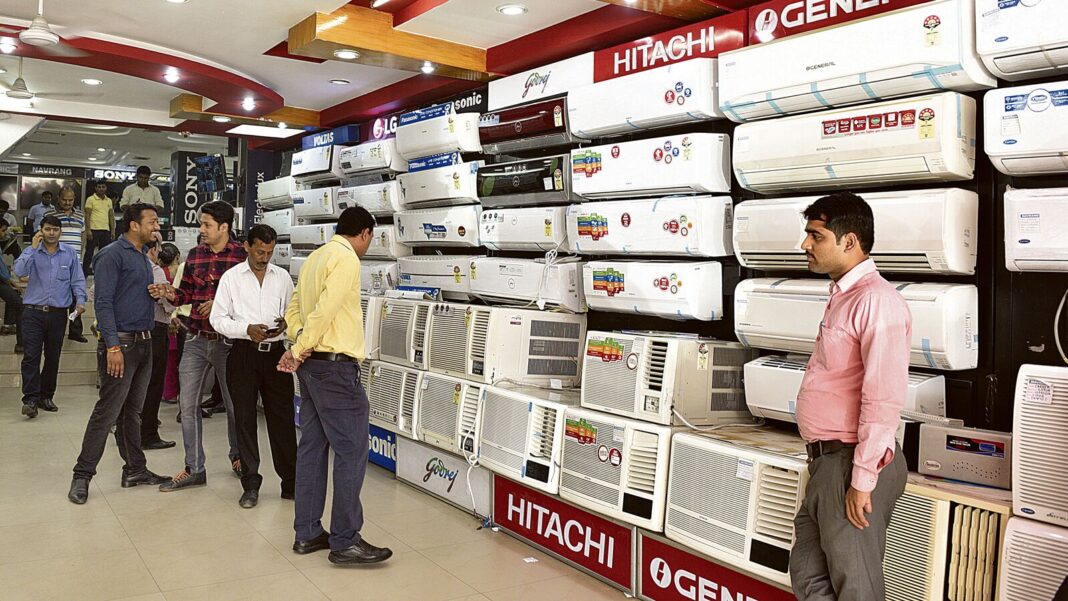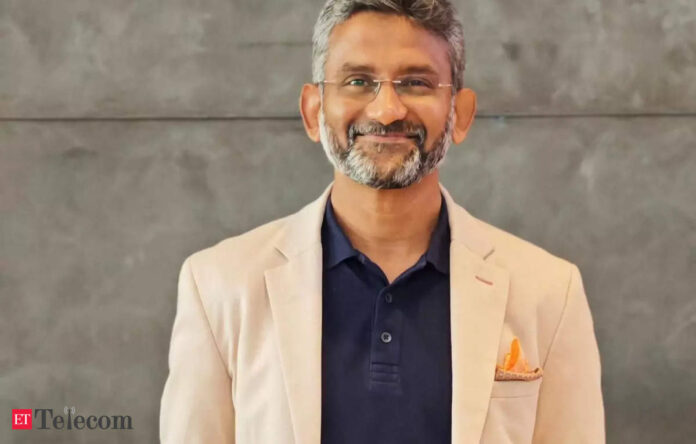In Short:
Jamshyd N Godrej, chairman of Godrej & Boyce, advocates for phasing out old cooling appliances like air-conditioners and refrigerators in India. He suggests implementing a policy that incentivizes consumers to switch to energy-efficient models to reduce electricity consumption and ease the power demand burden. He emphasizes importance of better energy ratings and acknowledges challenges with existing outdated inventory.
Govt Should Phasing Out Old Cooling Products: Godrej
In an insightful conversation, **Jamshyd N Godrej**, the chairman of **Godrej & Boyce**—a well-respected player in both consumer goods and engineering solutions—has made a compelling case for a transformative government policy. His vision? To phase out outdated and inefficient cooling products, like air-conditioners and refrigerators, from the Indian markets. His recommendation is to incentivize consumers to switch to energy-efficient models.
The Urgent Need for Change
“A solid policy should focus on removing old products from the market. This has already been successfully implemented in other sectors like automobiles,” Godrej remarked in a recent interview. He emphasized the importance of not just removing inefficient units but also providing adequate incentives that encourage consumers to upgrade to more energy-efficient alternatives.
Rising Heat and Demand
This summer, the demand for cooling appliances skyrocketed in northern India, with temperatures soaring to a blistering 50 degrees Celsius in regions such as **New Delhi**, **Rajasthan**, **Uttar Pradesh**, **Haryana**, and **Punjab**. The extreme heat has prompted numerous complaints about malfunctioning cooling products, and there have even been alarming reports of air-conditioners catching fire. This situation has raised significant concerns regarding the effectiveness of outdated appliances amid such sweltering conditions.
With peak power demand in the nation reaching a remarkable 250 GW this May, investing in efficient air-conditioners and refrigerators could lead to a meaningful reduction in electricity consumption. This would help lighten the load on power generation companies.
The Broader Perspective
Godrej noted that, historically, governments have recognized that paying to retire inefficient products can significantly benefit society. “When energy companies are forced to produce more energy, it places an unnecessary financial burden on them. Reducing demand through efficient appliances is a win-win,” he stated.
Beware of Misleading Advertisements
The marketplace often sees **manufacturers** touting their air-conditioners with grand promises, claiming to turn even the hottest spaces into cool oases. In a recent move, the government has established fresh guidelines to curb misleading “eco-friendly” claims. Fines and possible imprisonment await those who promote false advertising.
Godrej encourages consumers to prioritize appliances that feature higher energy efficiency ratings tailored to their seasonal needs. “Understanding your requirements and budget is crucial. The industry must keep pushing for improvements in energy efficiency,” he advised.
Facing Challenges with Existing Inventory
However, Godrej also recognizes the pressing challenge that comes with replacing outdated products. “We are dealing with a legacy market filled with older units, which means that bringing in energy-efficient models could take some time,” he explained.
When asked about potential updates to Godrej’s cooling offerings, particularly air-conditioners, Godrej refrained from commenting. Nevertheless, the company has been active in the market, having launched a range of made-in-India air-conditioners in April 2021. With plans to invest ₹100 crore in their manufacturing facilities at **Shirwal** and **Mohali** by 2025, Godrej aims to boost their air-conditioner production capacity to 800,000 units.
A Promising Outlook
According to forecasts, global demand for air-conditioners is set to leap from 1.2 billion to an astounding 4.5 billion by 2050, with **India** projected to account for a remarkable 1 billion of that total.
The **International Energy Agency** has also suggested that India’s electricity demand, expected to grow at over 4% annually until 2050, will likely outpace the global average. This growth will be spurred by the increasing need for cooling appliances, industrial demand, and a wider availability of electric vehicles.





